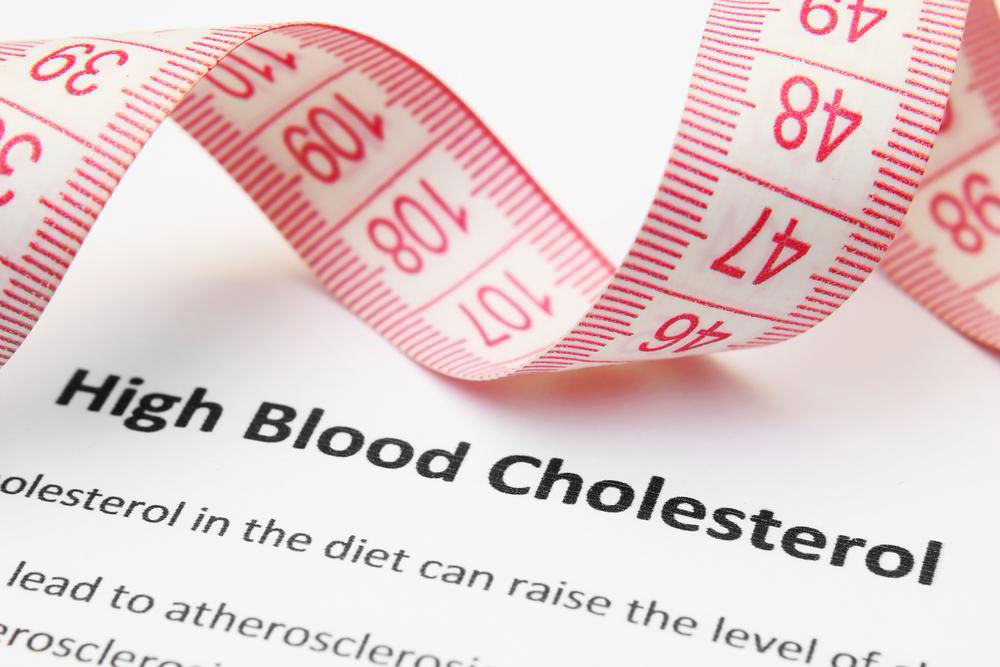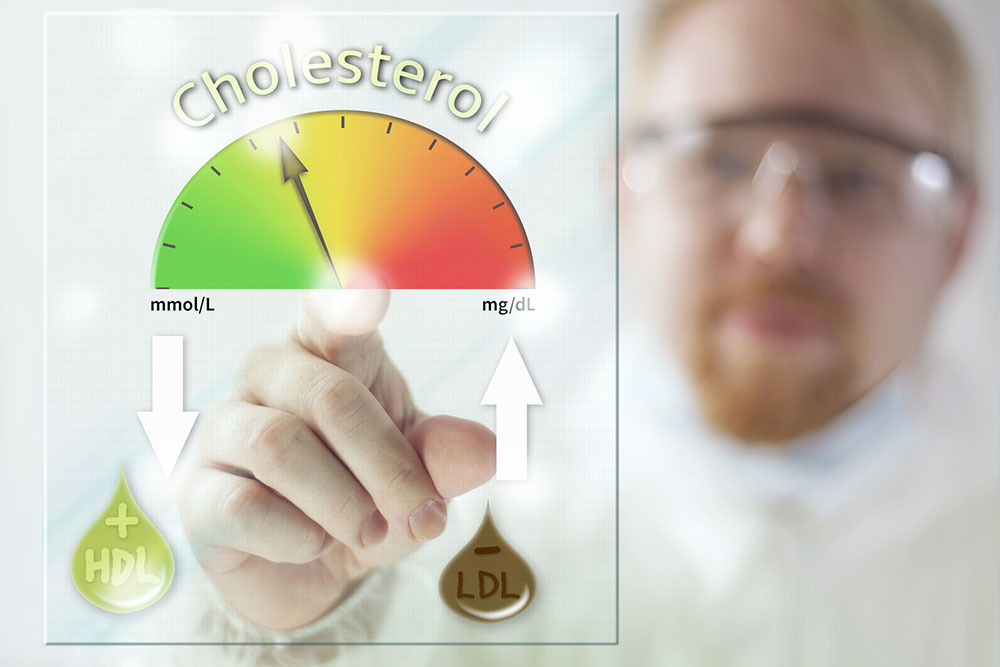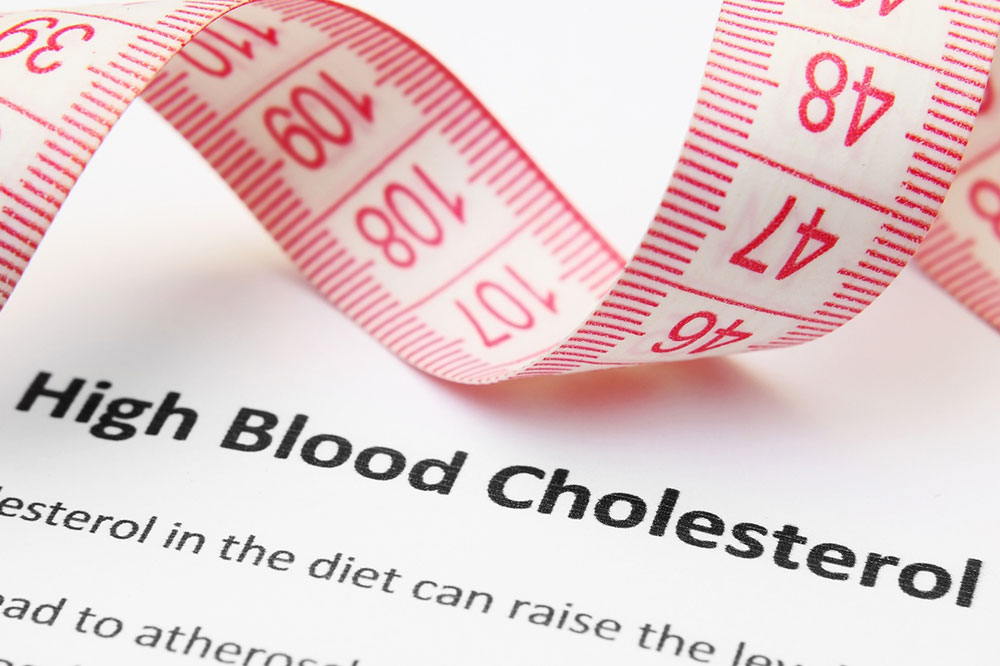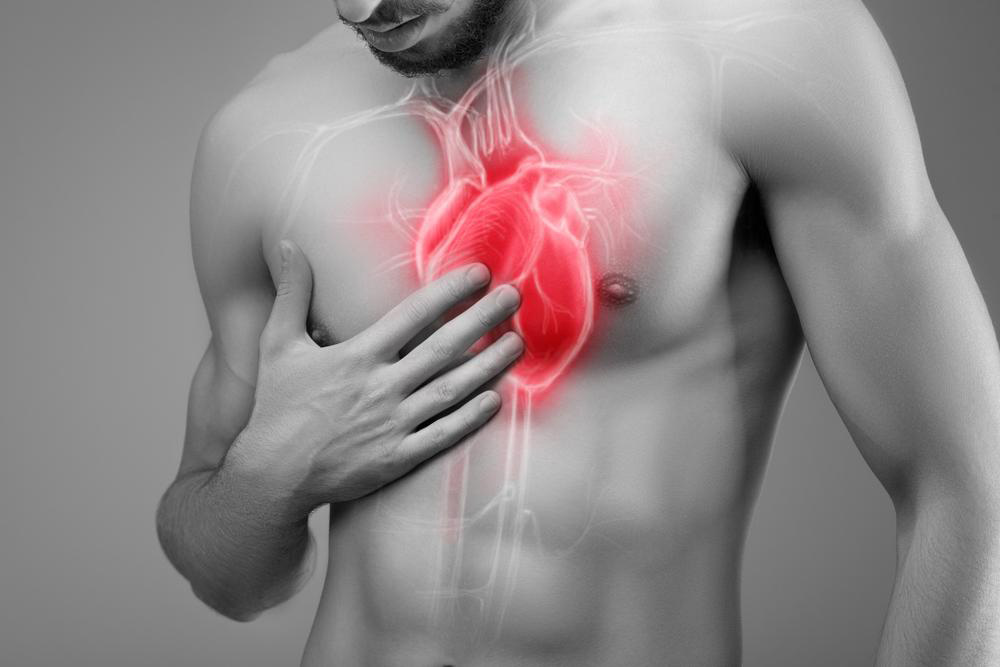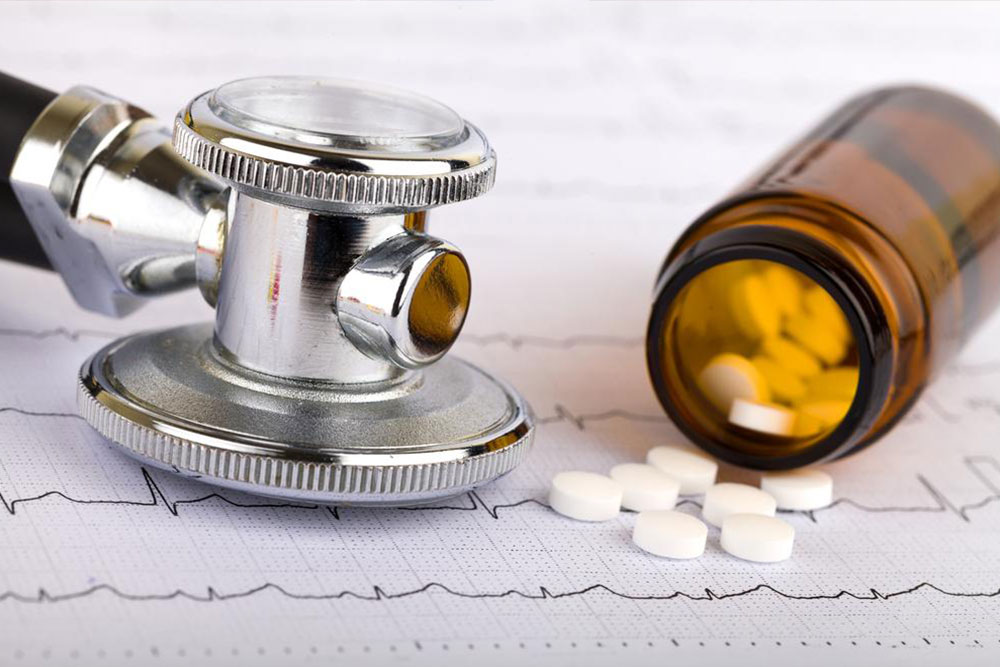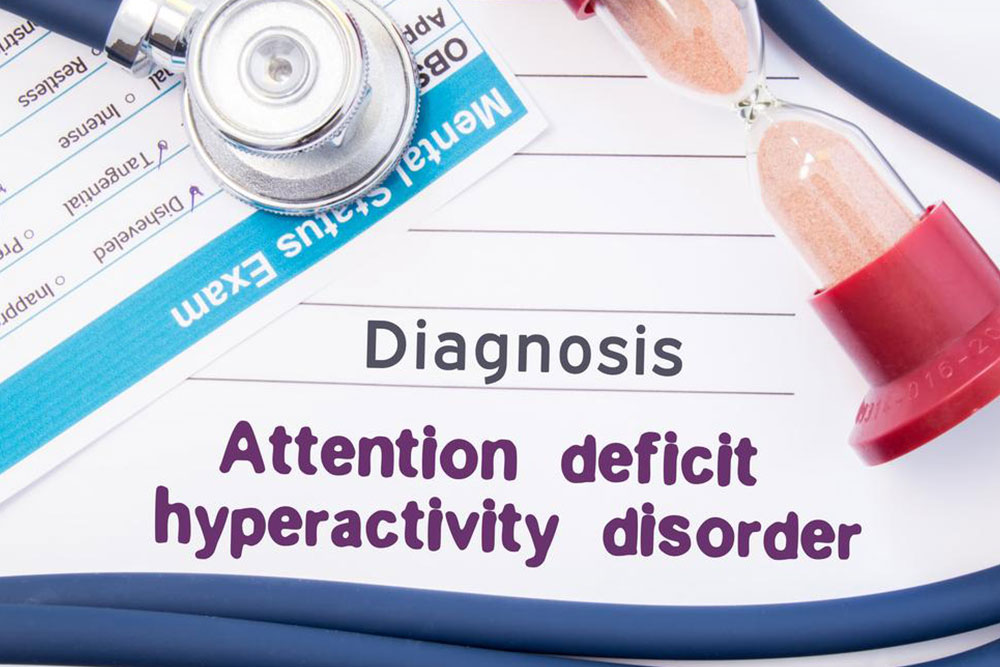Understanding the Link Between Elevated Cholesterol and Heart Attacks
Learn about how high cholesterol influences heart attack risk, the different cholesterol types, and ways to maintain healthy levels. Discover how diet, exercise, and medical procedures can help prevent heart disease and improve heart health effectively.

Understanding the Link Between Elevated Cholesterol and Heart Attacks
Cholesterol plays a vital role in our health by aiding in cell creation, insulating nerves, and hormone production. The liver naturally produces all the cholesterol needed by the body, but dietary sources such as dairy, eggs, red meats, and processed foods high in trans fats and saturated fats also contribute. Excessive cholesterol, especially LDL, increases heart disease risk. Maintaining balanced levels is crucial for heart health. The body contains LDL (bad cholesterol), HDL (good cholesterol), and triglycerides, a fat storage form. Elevated LDL can cause artery blockages, leading to heart attacks.
Normal levels include HDL above 55 mg/dL for women and 45 mg/dL for men, LDL below 130 mg/dL (or below 100 mg/dL if at risk), and triglycerides under 150 mg/dL. High LDL causes atherosclerosis, narrowing arteries and impairing blood flow. Raising HDL through exercise and omega-3s helps clear fats. Blockages can lead to oxygen deprivation in the heart, triggering ischemic pain or a heart attack. Procedures like angioplasty or medication help restore normal blood flow and cholesterol balance.

